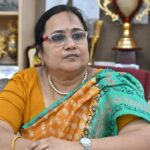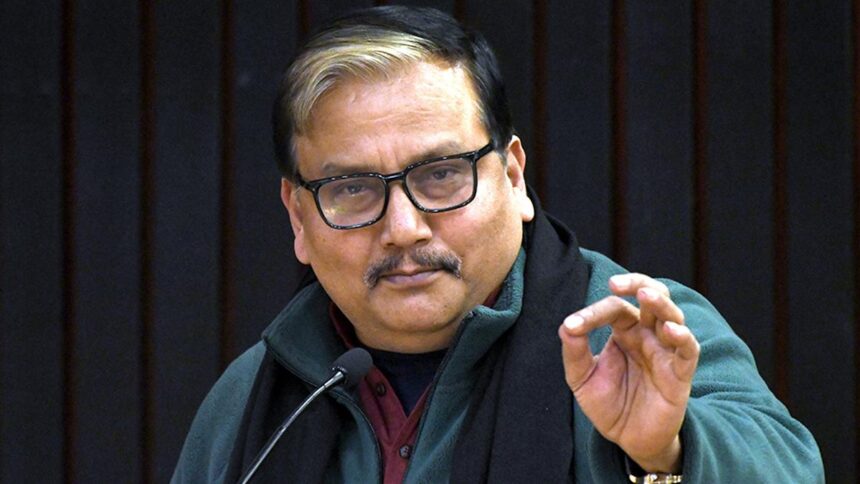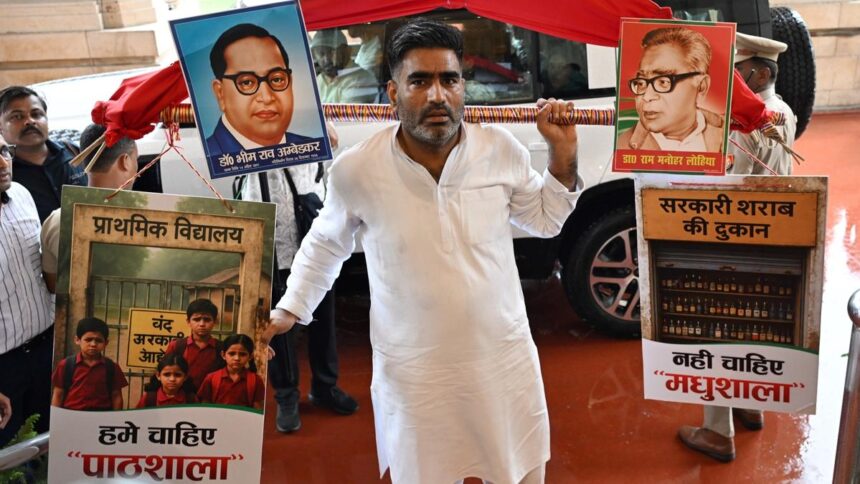
N. Ram, Director, The Hindu Publishing Group, and Trustee, Asian College of Journalism, speaking at the inaugural event of the journalism workshop in Chennai on Monday.
| Photo Credit: B. VELANKANNI RAJ
Lack of diversity in Indian newsrooms and media ecosystem is a serious issue, and a push for representation from the marginalised communities will require policy intervention from the State, N. Ram, Director, The Hindu Publishing Group, and Trustee, Asian College of Journalism (ACJ), said here on Monday.
Speaking at the inaugural of a residential workshop on journalism for students from rural, Scheduled Castes, and vulnerable communities, Mr. Ram said representation of the voices of men and women from Scheduled Castes (SCs) and Scheduled Tribes (STs) was growing too slowly in the mainstream media, while it was insignificant at the leadership level. “There are powerful voices on social media, occasionally appearing also on the mainstream media, but nowhere close to the minimum required,” he said.
Quoting a paper Social Media, Dalits, and Politics of Presence: An Analysis of the Presence of Dalit Voices in the Indian Media by Nitish Kumar, where the author makes a difference between the politics of idea and the politics of presence, Mr. Ram said it was no longer enough to merely have an idea of the segregation and injustice happening in the world of the SCs and STs, which goes back centuries. “It is a very serious indictment of Indian society that Dr. B.R. Ambedkar, more than anyone else, perhaps, in modern Indian history, has called attention to and highlighted,” he said. Dr. Ambedkar had also criticised the press for playing up the then ruling party, the Congress, and not allowing any representation to SC voices.
The primary purpose of the workshop, he said, was to force on society, on journalism, the presence of SC voices. “Change will not happen by itself; it has to be enforced, the State has to get involved,” Mr. Ram asserted.
Sashi Kumar, Chairman, Media Development Foundation and ACJ, said the College, had, from its inception, designed a course called ‘Covering Deprivation’, so that those passing out of the college had that dimension to their practice of journalism. He said at least 15 % of students studying in the institute had some or the other scholarship meant for SCs and marginalised students.
R. Pavananthi Vembulu, Director, Centre for Social Justice and Equity (CSJE), said that the Centre, funded by the Ministry of Adi Dravidar and Tribal Welfare and housed at the Madras School of Social Work (MSSW), had been documenting the STs and vulnerable communities of SCs in Tamil Nadu to support the department in framing public policy aimed at these communities.
S. Raja Samuel, principal, MSSW, and Nalini Rajan, dean of studies, ACJ, spoke.
The residential workshop, organised by the CSJE, in association with ACJ, will seek to train 25 students selected from various parts of the State in the use of the latest digital tools for journalism. A selection committee screened 300-odd applications based on weightage given to gender, disability, rural location, first generation learners or those belonging to the Adi Dravidar community.
Published – August 26, 2025 12:15 am IST


















